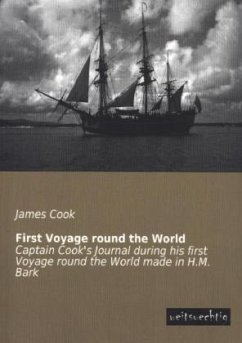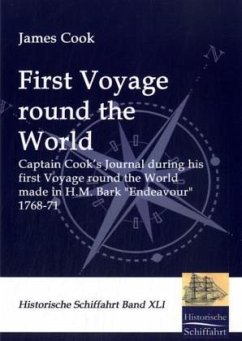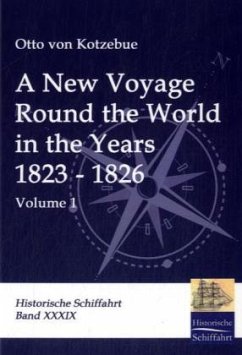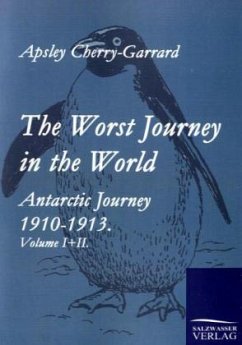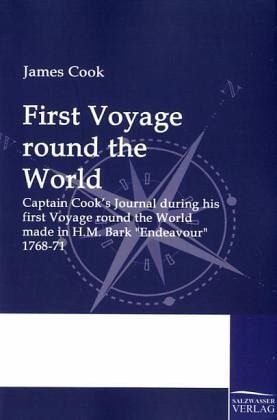
First Voyage round the World
CAPTAIN COOK'S JOURNAL DURING HIS FIRST VOYAGE ROUND THE WORLD MADE IN H.M. BARK
Versandkostenfrei!
Versandfertig in 1-2 Wochen
45,00 €
inkl. MwSt.

PAYBACK Punkte
0 °P sammeln!
Strage it must appear that the account of perhaps the most celebrated and, certainly to the English nation, the most momentous voyage of discovery that has ever taken place - for it practically gave birth to the great Australasian Colonies - has never before been given to the world in the very words of its great leader. It has fallen out in this wise.After the return of the Endeavour it was decided that a full and comprehensive account of the voyage should be compiled. COOK'S JOURNAL dealt with matters from the point of view of the seaman, the explorer, and the head of the expedition, responsi...
Strage it must appear that the account of perhaps the most celebrated and, certainly to the English nation, the most momentous voyage of discovery that has ever taken place - for it practically gave birth to the great Australasian Colonies - has never before been given to the world in the very words of its great leader. It has fallen out in this wise.
After the return of the Endeavour it was decided that a full and comprehensive account of the voyage should be compiled. COOK'S JOURNAL dealt with matters from the point of view of the seaman, the explorer, and the head of the expedition, responsible for life, and for its general success.
After the return of the Endeavour it was decided that a full and comprehensive account of the voyage should be compiled. COOK'S JOURNAL dealt with matters from the point of view of the seaman, the explorer, and the head of the expedition, responsible for life, and for its general success.





